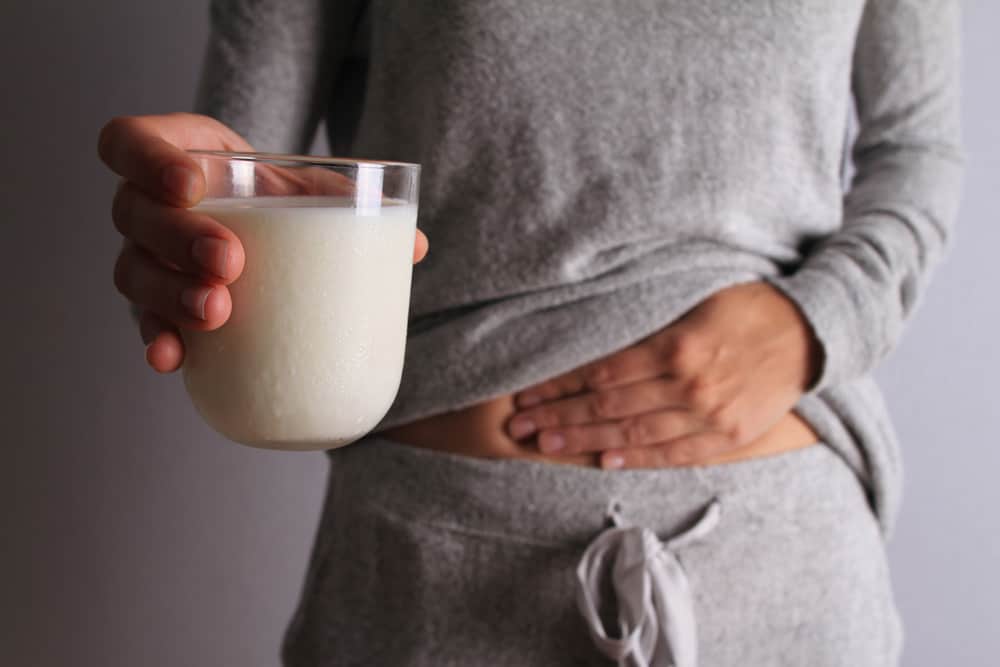Do you drink milk often, but then have stomach ache? Maybe you love ice cream, but it doesn’t seem to love you back. Not everyone is aware that they have lactose intolerance. Certain people probably have no idea what could be causing their intestinal distress regularly. It’s not until they pay close attention to their diet or take a trip to the doctor’s office that they realize there might be a problem. And that problem is lactose intolerance. However, what is it exactly? Why should people be aware of this condition? It’s important you understand the symptoms and causes of this condition. That way, you can learn how to enjoy a dairy-free life in order to minimize your discomfort in the future. Keep reading to learn the difference between someone who is lactose intolerant and those who have dairy allergies. Also, discover ways to create delicious meals without using milk, cheese, and other common dairy products. There are tasty alternatives to dairy so you can still eat a balanced diet that tastes good, too. But first, discover if you have a lactose inefficiency to begin with. If you feel as though you are dealing with these sign and symptoms, then you may have lactose intolerance. Consult with your doctor or a dietician about the next steps so you can live with this common condition in the most comfortable way possible.

24. What Is Lactose Intolerance?
People often think that lactose intolerance is an allergy reaction to milk or dairy products, but that is not the case. Although there is no cure for it, it is more than just an allergic reaction. It is a reaction to lactose, which is the sugar that exists in milk. For some people, when they’re younger, they are capable of producing lactase to break down this sugar so that it can be more easily absorbed into the body. Lactase is created in the small intestine, which is attached to the stomach to start working on the milk as soon as possible.
However, some people can’t produce this sugar, or they start to lose the ability as they get older. Lactose intolerance also affects people differently. For some people, milk and all milk products can produce symptoms, while others are only affected by milk. People’s bodies are different, so it’s confusing why some people would react this way and others don’t. So what are some of those awful symptoms that can occur after drinking milk or ingesting dairy products?
